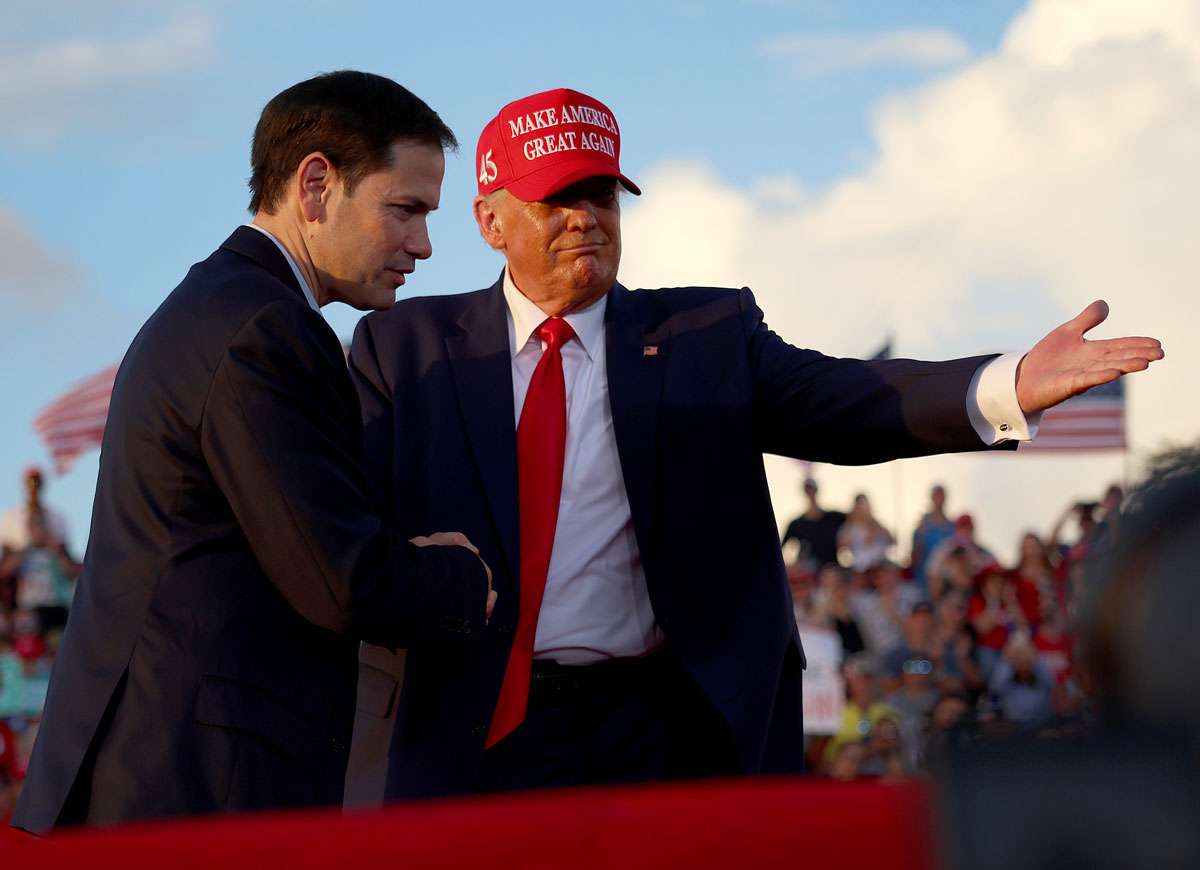Martin Shkreli Pleads Not Guilty To New Charge, Heads To Dunkin Donuts
In December 2015, Martin Shkreli was indicted on charges that he illegally took $11 million worth of stock from the New York-based biotechnology firm, Retrophin. Shkreli launched the company in 2011 but was dismissed by the board of in 2014. He is now faced with a $65 million lawsuit under the accusation that he used the funds to pay debts to his hedge funds and to investors of MSMB Capital Management. Shkreli is also accused of offering unauthorized stock and setting up fake agreements.
On May 3, federal prosectutors and defense lawyers revealed the possibility of an additional criminal charge. This became a reality last Friday when the grand jury issued a superseding indictment. The new charge alleges a conspiracy to commit securities fraud in the unrestricted securities of Retrophin. Shkreli is suspected of hiding his ownership of company stock by reallocating them to seven employees. This brings the total counts of securities fraud and conspiracy to eight for the case.
On Monday, in a Brooklyn Federal court Shkreli, alongside his former attorney Evan Greebel previously facing only one charge, pleaded not guilty to an updated indictment. Ben Brafman, Shkreli’s lawyer, might request that Shkreli be tried separately from Greebel because Shkreli’s defense could hinge on “reliance of counsel,” which would mean that Shkreli was acting on his attorney’s advice.
U.S. District Judge Kiyo Matsumoto, prosecutors and defense lawyers were unable to agree on dates for the pre-trial motions or the timing of the trial in consideration of the evidence yet to be received. The Judge set a new status conference for July 14.
Shkreli refrained from statements in the courthouse but was recorded on a live stream on Periscope saying, “It went great. The judge b–slapped the government, again.” Shkreli was captured bragging as he spoke to customers in a Manhattan Dunkin Donuts despite Brafman’s previous instructions not to discuss the case.
Shkreli became known to the public after leaving Retrophin when he founded Turing Pharmaceuticals and KaloBios Pharmaceuticals Inc. Following the acquisition, he raised the price of Daraprim – a drug that treats parasitic infections that is often prescribed to HIV/AIDS and cancer patients – from $13.50 a tablet to $750 a pill. The cost of production of the medication was only $1 causing outraged responses from patients, medical professionals and even some 2016 U.S. presidential candidates.
RELATED ARTICLES
Get the most-revealing celebrity conversations with the uInterview podcast!

 Click here for the Coachella 2016 Photo Slideshow Slideshow
Click here for the Coachella 2016 Photo Slideshow Slideshow



Leave a comment